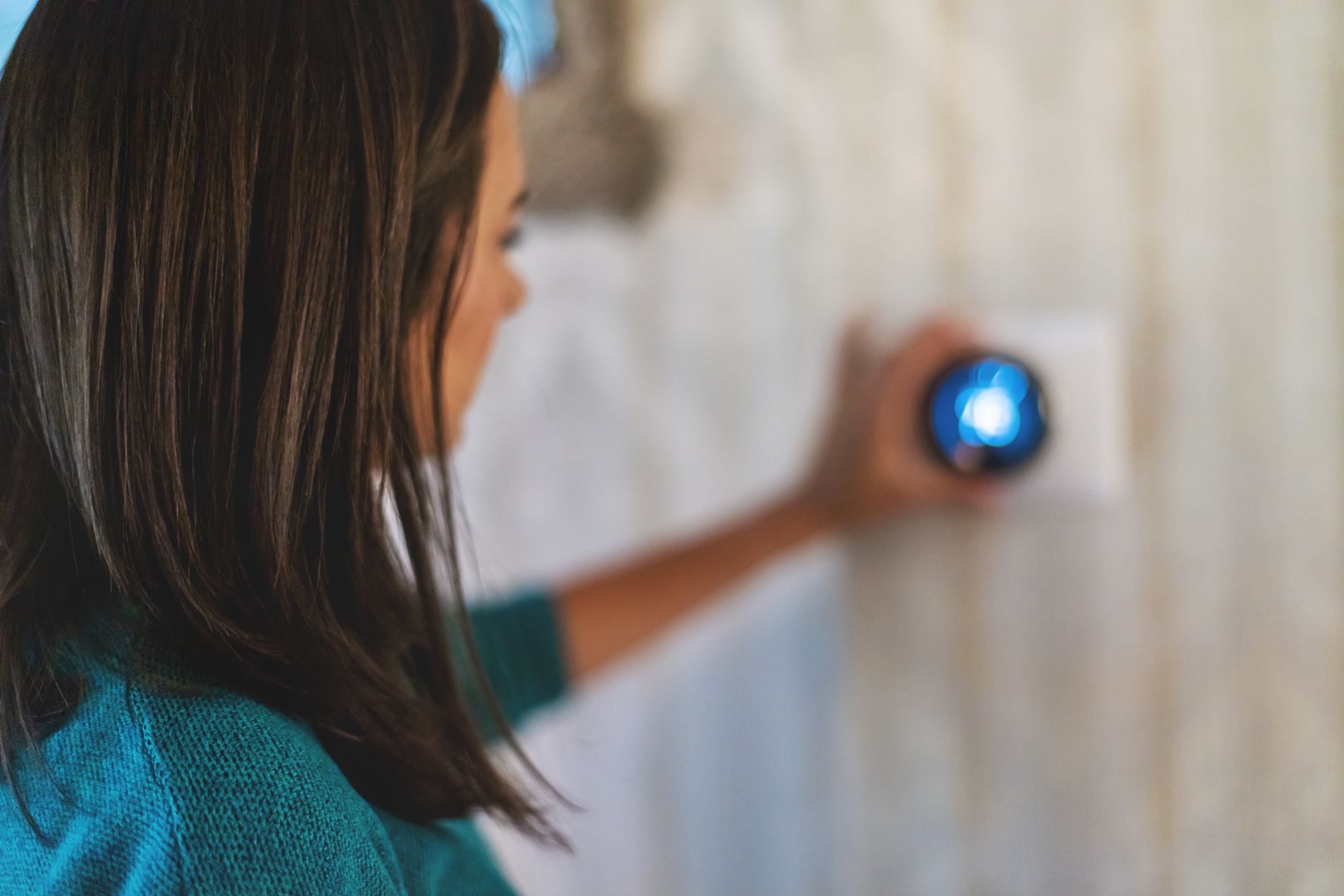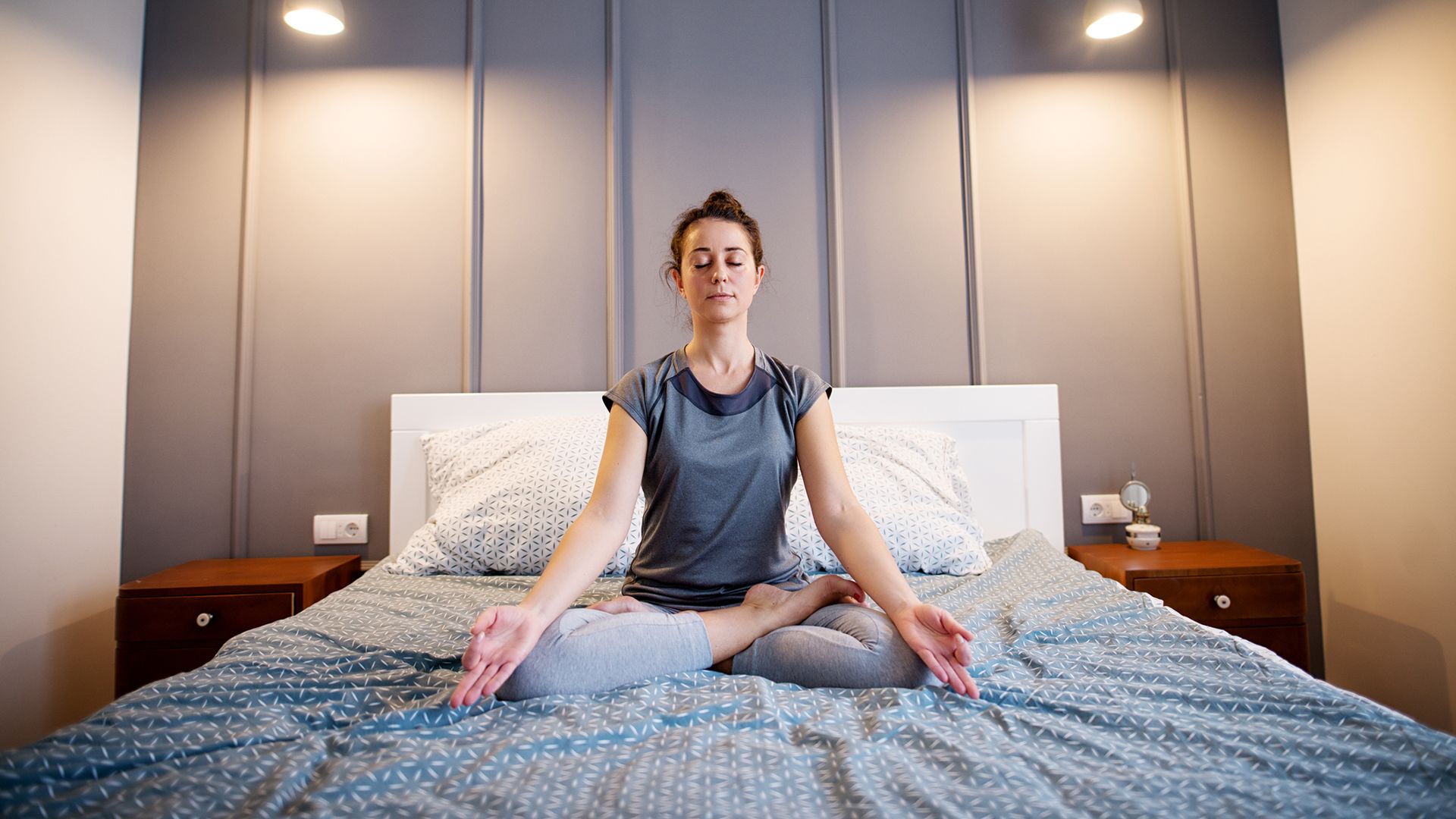Idiopathic hypersomnia (IH) is a rare sleep disorder. People who have IH experience hypersomnia—they sleep for long periods of time, and despite the amount of time they spend sleeping, they are extremely tired and groggy during the time they are awake.
People with IH may sleep ten hours or more during the night, may have a difficult time staying awake during the day, may have a difficult time waking up in the morning and/or waking up from naps, and may experience an overwhelming need to sleep at inappropriate times. Despite the hours that they sleep, they do not feel rested.
IH can impact many aspects of a person’s life, including work, relationships, and physical and mental health. It can also be dangerous and possibly life-threatening—for example, if a person experiences sudden sleepiness while driving a vehicle.
What causes idiopathic hypersomnia?
As the name implies, the cause of idiopathic hypersomnia is unknown. (In medical terminology, the word idiopathic refers to a condition that does not have an identifiable cause.)
IH is a rare condition and research is limited. At least in some cases, it is considered a neurologic condition. Some research shows differences in brain structure among people who have IH.
Other research shows that some people with IH have low levels of histamine. Histamine is a neurotransmitter that helps regulate the sleep-wake cycle (and performs many other functions in the body). Other research suggests that IH may be related to mononucleosis (an infection with the Epstein Barr virus) and abnormal functioning of the immune system.
However, the causes of IH remain unknown, and more research is needed.
How is idiopathic hypersomnia diagnosed?
There are many different disorders and conditions that can cause excessive sleepiness and there is no definitive test to determine if someone has IH.
A person is considered to have IH if they have been experiencing symptoms for at least three months, if those symptoms are having a significant impact on their functioning and quality of life, and if the symptoms cannot be attributed to another cause.
Much of the process of diagnosing IH involves ruling out other potential causes. These causes may include:
- Medications
- Mental health disorders, such as depression
- Thyroid disorders
- Head injuries
- Other sleep disorders
Depending on your symptoms, your medical history, and your family medical history, diagnosis may involve working with several different healthcare providers with different specialties.
Sleep studies that measure various biomarkers during nighttime sleep and daytime are helpful in distinguishing IH from other sleep disorders.
How IH compares to other sleep disorders
Hypersomnia can be divided into two categories—primary and secondary.
Secondary hypersomnia occurs as a result of having another health condition. For example, when a person experiences hypersomnia because of a head injury, thyroid disorder, or depression.
Primary hypersomnia is not associated with another cause or health condition. IH falls into this category. So do two other sleep disorders—narcolepsy and Kleine-Levin syndrome.
However, these conditions differ from each other in several important ways. A few examples:
- The sleepiness caused by idiopathic hypersomnia tends to be a persistent, everyday occurrence. A person with IH may sleep 10 hours or more a night and nap during the day. Despite this number of hours, they feel groggy and tired when they are awake.
- With narcolepsy, a person will fall asleep suddenly and sleep for a few seconds or a few minutes. They feel rested after sleep but may also experience disturbed sleep during the night.
- With Kleine-Levin syndrome, symptoms occur in episodes lasting a few days or a few weeks. A person with Kleine-Levin syndrome may sleep 20 hours a day during an episode but sleep normally between episodes.
There are other differences between IH and other sleep disorders. If you are experiencing hypersomnia or excessive sleepiness, talk to a healthcare provider, who can help diagnose what’s causing your symptoms and help you decide on an appropriate treatment.





